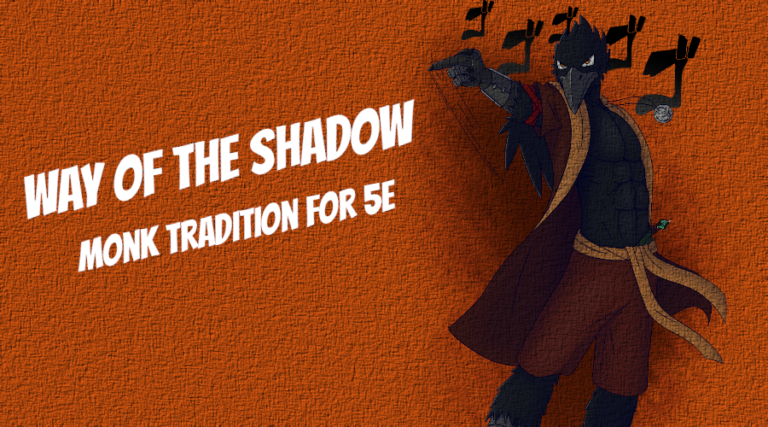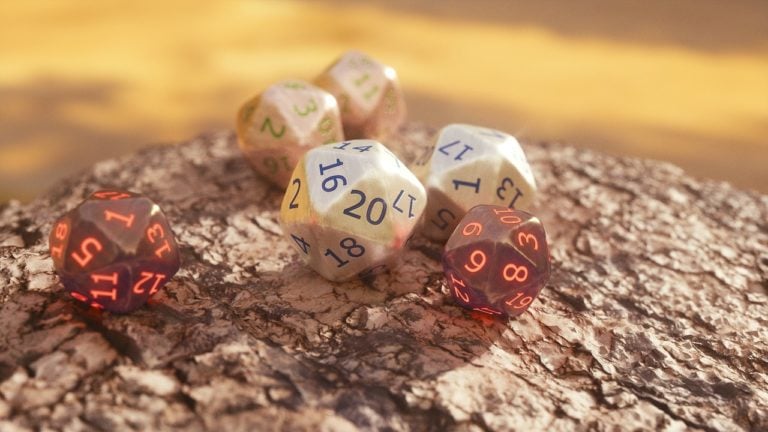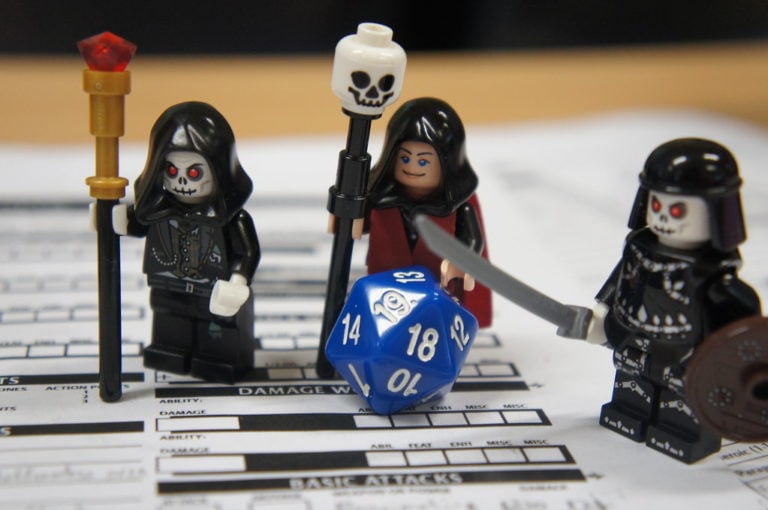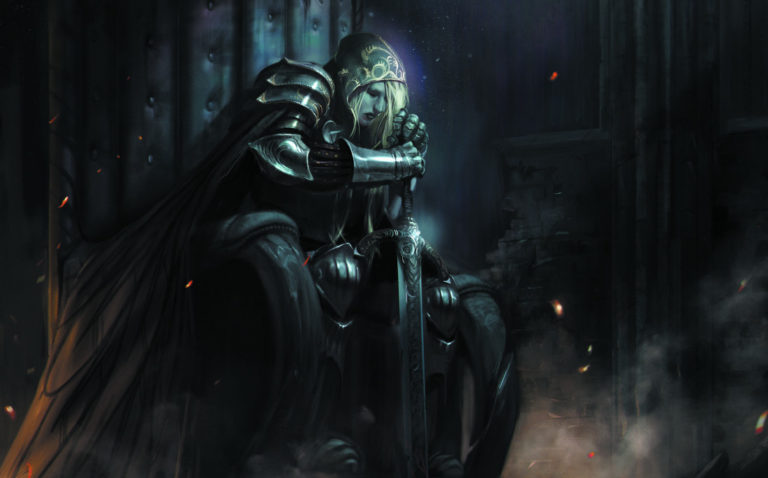Elven Names Guide | Examples and Naming Conventions for 5E
The woodlands of any standard Forgotten Realms campaign are dominated by Elves. The fey race from the Player’s Handbook, eves are slim and fit, with angular faces. They’re actually typically shorter than humans, contrary to popular interpretations. They live in complex and unique societies with an elegant sense of fashion. They’re not necessarily interested in fancy jewelry, mind you; just interested in showing the world how powerful and confident they are. These are an ancient people that our Elven Names guide will help you give a worthy title to.

Table of Contents
Elven Names 5E Guide
Elves are ancient and wise. They have multiple names that are all important to elves in specific ways. Most important of all, Elves have names when they are children and names when they are adults; upon becoming an adult, the Elf chooses their own name. As such, random generation doesn’t make sense. Your Elf chose to be called the name you give them. Give it a bit of thought, and maybe let that inform or change a randomly generated name.
How Do You Make and Elvish Name?
Elves can live nearly a millennium. That informs a lot of elves’ personality traits. Elves don’t feel excitement, because they’ve felt excitement more intensely when they were children. Elves don’t feel fear, because nothing can match the fear of the past. When it comes to forging a new hobby, pastime, or goal, however… elves are relentless. They take insults poorly, as they feel truth is important. Friends and enemies are slow to spawn, with happy and vengeful memories slow to forget.
Elves are a flexible, understanding people. Groups of elves will always attempt diplomacy before violence. Those who inspire the ire of elves are met with cruel tactics, built off of generations of experience and knowledge.
Elves are relatively comfortable in their hidden forest homes, weaved through magic and fey allegiances. They are at one with the forest, but they also create their own works that humans find attractive. Outside of the forest, elves rarely make friends with humans. But, an elf artisan can make a great living. And Elf teachers are one of the Elves’ most valuable exports.
Elves adventure when they grow tired of their homes. An elf can go on centuries of explorations. They don’t enjoy most societies, so they prefer to travel freely, setting their own pace. Elves also tend to explore ways to gain more power, so adventuring fills that niche.
See Our Elf 5E Guide
What is a Good DND Elf Name?
Elves gain four names over the course of their lives. As a child, their parents name them. These are cute, androgynous nicknames that most elves in your community will know them by. After they pass 100 and declare themselves an adult, an elf assigns itself a true name. These tend to have slight gender leanings.
Elves also gain a family name, which is based on nature. These combinations of elven words can be translated to common as needed.
Child Elven Names
These are basically nicknames; really small things that an elf’s parents give them.
- Ara
- Del
- Eryn
- Lael
- Mella
- Sai
- Vall
Male Elven Names
- Adran
- Carric
- Galinndan
- Himo
- Paelias
- Riardon
- Folas
- Nualyn
- Thamior
- Varis
Female Elven Names
- Adrie
- Antinua
- Drusilia
- Enna
- Daedris
- Duelthyn
- Solioril
- Keyleth
- Meriele
- Naivara
- Theirastra
Family Names
- Amakiir (Gemflower)
- Holimion (Diamonddew)
- Miliamne (Oakenheel)
- Nailo (Nightbreeze)
- Xiloscient (Goldpetal)
Concluding our Elven Names Guide
In the end, naming an elf depends entirely on the setting and story you are trying to make. The elves in Critical Role have very different lore compared to those in Faerun. Whether you are naming your character with 5e or Lord of the Rings in mind, we hope this guide has been helpful.
And that’s it! If you’re interested in building a character, check out how to roll stats in 5e!






